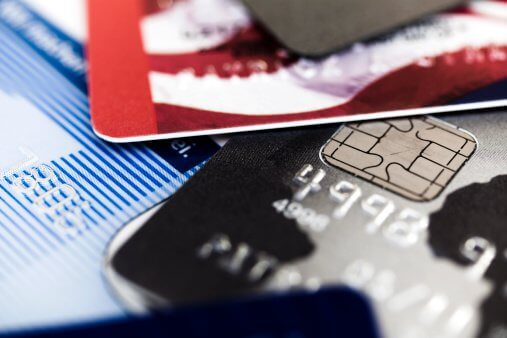Recent reports have indicated that the new chipped credit cards, i.e., credit and debit payment cards equipped with EMV technology, are not as secure as initially hoped, and show that fraud involving payment cards is still on the rise despite the full deployment of the new, more secure technology. The new chipped credit cards were touted as being safer and more secure since the they integrate EMV (which stands for Europay, MasterCard, and VISA) and pin technology, meaning that not only must the user have the chip associated with the credit card, but he or she must also have the appropriate PIN, in order to use the credit card. How is so much fraud being committed with these new chipped credit cards that are supposed to be more secure than the old magnetic strip version?
Fraud Committed with Chipped Cards is Committed in Familiar Ways
Not surprisingly, most of the new chipped credit card fraud involves exploiting old ways of committing fraud. For instance, whether a stolen credit card is chipped or not has little effect when the fraud is done by making online purchases. To make a fraudulent online purchase all you need is the credit card number and the CV code for the card; the chip plays no role. For this reason, online purchasing is the leading type of fraud that is committed with chipped credit and debit cards.
The other way that criminals are exploiting chipped payment cards is by using stolen cards at retailers that have not yet implemented chip reading equipment in their payment systems. There are plenty of retailers who are holding off as long as possible to upgrade their payment systems, which means that they have the older, magnetic swipe reading payment machines.
Additionally, hackers are able to gain access to vulnerable payment systems that are connected to the internet. Once hackers breach the security of a vulnerable payment system, they can install files that will track and transmit payment card data that are used at the compromised payment system. The credit card number and CVV code can be stolen and it is even possible to record and transmit the corresponding PIN code for the card. With the stolen card information, hackers can produce cloned cards, or can use the stolen data for online transactions.
Hackers Create Cards With Chips That Impersonate Real Chipped Cards
Another way that hackers have taken advantage of chip card technology is to create cards that impersonate real chipped cards. Chipped cards are supposed to be harder for thieves to duplicate, so while the new chipped payment cards are more difficult for thieves to clone, they are not necessarily more difficult to impersonate. For instance, there are ways in which a chipped card can be impersonated or mimicked to make an ATM shim, which can be inserted into an automated teller machine to make the ATM dispense cash.
Data Breach Lawyers
Revision Legal understands the dynamic nature of Cyber Security. If your payment system was compromised by a cyber attack, or your customers’ payment card information was stolen in a data breach, you need to work with an experienced data breach lawyer. Revision Legal can help with ensuring compliance with state notification laws and international law. Contact us using the form on this page or call us at 855-473-8474.
Image credit: Finance Blue.




